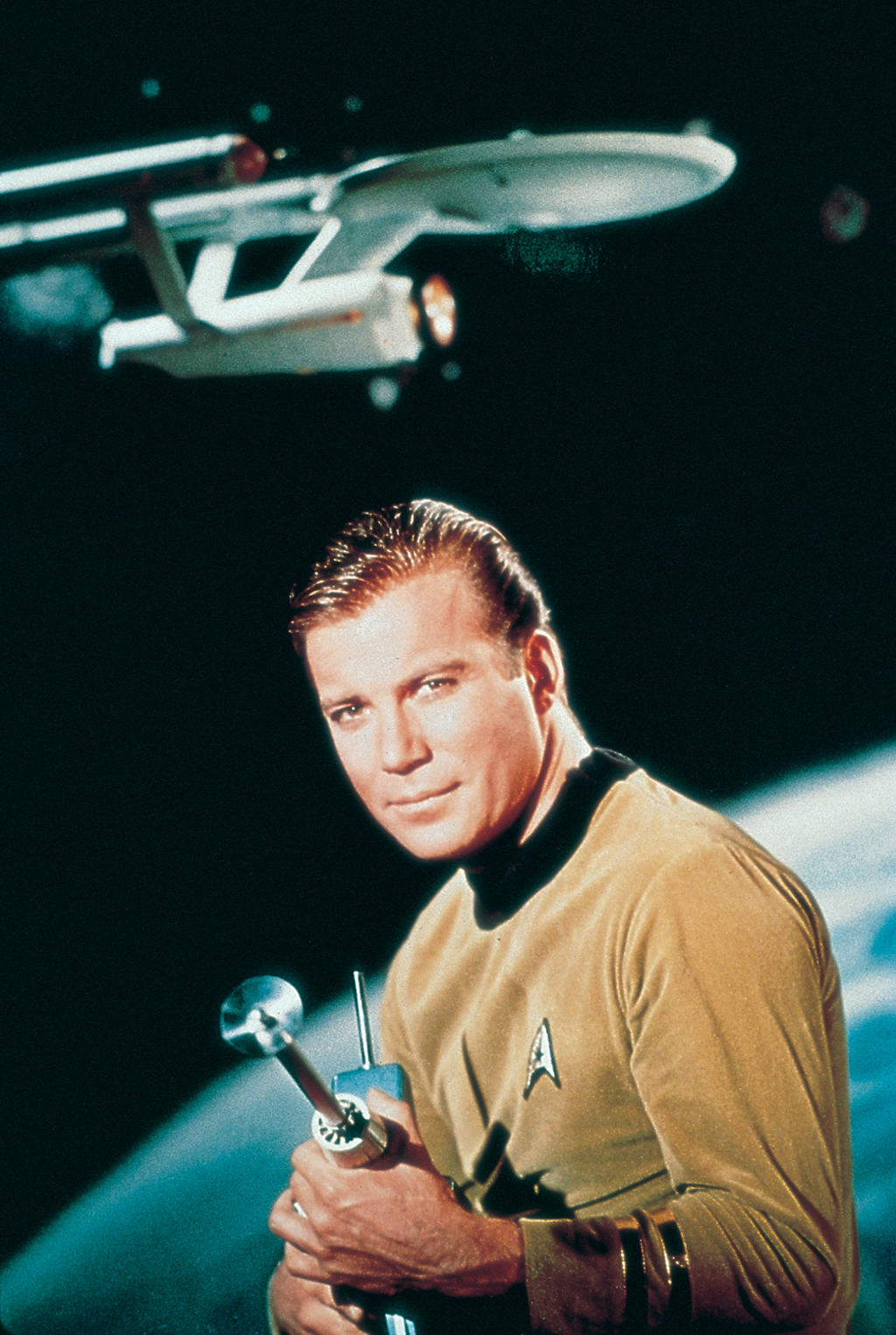Gene Roddenberry’s creation marks a half-century in space, ‘the final frontier’
By Eric Kohanik,
ReMIND Magazine
Star Trek began a monumental journey half a century ago. And it has had a major impact by exploring “space, the final frontier.”
Created by Gene Roddenberry, the original Star Trek premiered on NBC in September 1966, delivering 79 episodes over three seasons. Chronicling the adventures of James T. Kirk (William Shatner) and his crew aboard the USS Enterprise, the series was notable for having one of TV’s first multiracial casts, featuring such stars as Leonard Nimoy, DeForest Kelley, Nichelle Nichols, James Doohan, George Takei and Walter Koenig.
After the show ended in June 1969, the adventures of the Enterprise crew were revived in an animated NBC series in September 1973. And although it was the first Star Trek series to win an Emmy Award, it lasted only 22 episodes, ending its run in October 1974.
The next revival came on the big screen, with the cast reuniting for 1979’s Star Trek: The Motion Picture. Five other films followed — Star Trek II: The Wrath of Khan (1982), Star Trek III: The Search for Spock (1984), Star Trek IV: The Voyage Home (1986), Star Trek V: The Final Frontier (1989) and Star Trek VI: The Undiscovered Country (1991).
In the TV universe, meanwhile, new frontiers were being explored with spinoffs. Star Trek: The Next Generation was a syndicated series that premiered in September 1987, featuring a new Starship Enterprise manned by Jean-Luc Picard (Patrick Stewart) and a crew populated by such stars as Jonathan Frakes, LeVar Burton, Denise Crosby, Michael Dorn, Gates McFadden, Marina Sirtis, Brent Spiner, Wil Wheaton and Whoopi Goldberg. The series lasted for 178 episodes over seven seasons. After it ended in May 1994, the cast reunited in four theatrical films — Star Trek: Generations (1994), Star Trek: First Contact (1996), Star Trek: Insurrection (1998) and Star Trek: Nemesis (2002).
A trio of other TV spinoffs also surfaced during that era. Star Trek: Deep Space Nine was a syndicated series that premiered in January 1993, setting stories aboard a space station instead of a starship. The show also featured Benjamin Sisko (Avery Brooks) as the first black commanding officer in Star Trek series history. The series served up 176 episodes, ending in June 1999.
Meanwhile, Star Trek: Voyager premiered in January 1995 as the first series on the UPN television network. It was also the first Star Trek incarnation with a female commanding officer: Kathryn Janeway (Kate Mulgrew). The rest of the cast featured such actors as Robert Beltran, Roxann Dawson, Robert Duncan McNeill, Ethan Phillips, Robert Picardo, Tim Russ, Garrett Wang and Jeri Ryan. Voyager ended its mission in May 2001, chalking up 172 episodes.
Star Trek: Enterprise was another series on UPN. Premiering in September 2001 and designed as a prequel to the original TV show, this rendition centered its 98 episodes around Jonathan Archer (Scott Bakula) and the crew aboard the first Starship Enterprise. The series was canceled after four seasons, ending in May 2005.
After that TV show wrapped, it took four years for another incarnation to surface, again on the big screen. The 2009 reboot of Star Trek resurrected the original characters, with new actors playing the core roles of Kirk (Chris Pine), Spock (Zachary Quinto), McCoy (Karl Urban), Uhura (Zoe Saldana), Scotty (Simon Pegg), Sulu (John Cho) and Chekhov (Anton Yelchin). Two follow-ups featured the same cast — 2013’s Star Trek Into Darkness and 2016’s Star Trek Beyond.
Throughout its 50 years, Star Trek has had a huge influence on pop culture, spawning video games, novels, comics and toys. The franchise has also been credited for inspiring the creation of cellphones, computer tablets and other technology.
Brought to you by the publishers of ReMIND magazine, a monthly magazine filled with over 95 puzzles, retro features, trivia and comics. Get ReMIND magazine at 70% off the cover price, call 844-317-3087 or visit remindmagazine.com

